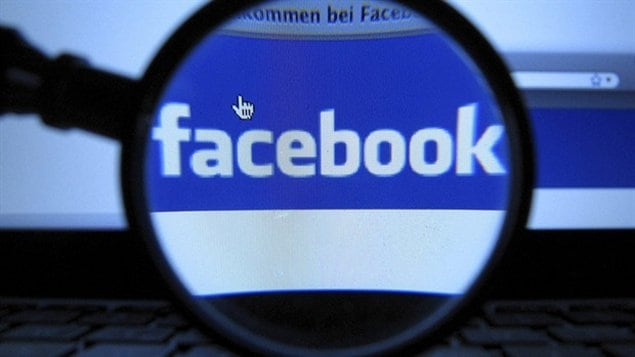The social media giant, Facebook, has released its second report which indicates the number of information requests on users that are made by governments around the world.
Facebook doesn’t go into specifics about the information, only basic statistics. The data also only relates to criminal offences, and doesn’t include requests related to security intelligence.
In the case of Canada, 174 requests were made on 217 accounts, with information handed over in 50% of the cases.
Meanwhile, last year Public Works and Government Services Canada, was seeking to contract for a firm to monitor just about all social media activity.
Unlike the Facebook data, on non-public information, this would be to monitor publicly visible information.
The government was seeking a firm that “continuously monitors social media content on a daily basis in near real time and (can) provide web-based, online media metrics and reporting capabilities.”
That includes combing through “blogs, micro-blogs, social networking sites including Facebook and Twitter, forums and message boards, traditional news websites and comment sections, media sharing websites (videos, photos and user-generated content websites including YouTube).”
And because Canada is an officially bilingual country, this would be to monitor both English and French language sites.
The requirement says this would be around the clock every day of the year. Part of the job is to gauge the sentiment and tone of posts and to determine their reach.
The social-media monitoring service must also come with the ability to filter searches by country, language and key words.
The work appears to be on an as-requested basis, and the announcement last year indicated the contract would run from February of this year until January 2019.
Digital public affairs analyst Mark Blevis of FullDuplex.ca said it’s not unusual that a government would want to know what people are saying, although he concedes some might find that thought disconcerting.
“On one level, there is a creepiness factor to this,” Blevis said in an interview. “But then on another level, it’s open data, it’s open information. If it’s publicly accessible, why should the government have any less privilege accessing it than anyone else in the public eye?
Social media can act as an “early warning system” to alert authorities to major disasters, Blevis said, just as it can be used to track public opinion.
“What they do with it is going to be the big question”, he says.
(with files from The Canadian Press)
Facebook report-click on green button for 2 part list of all countries







For reasons beyond our control, and for an undetermined period of time, our comment section is now closed. However, our social networks remain open to your contributions.